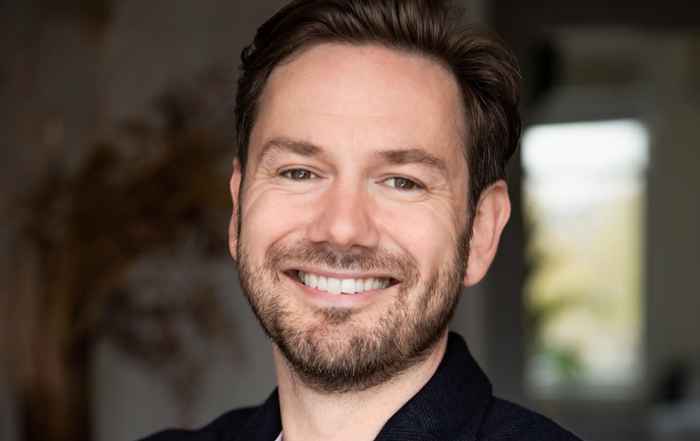Prestigious ERC Consolidator Grants for UvA researchers
8 November 2022
About the project:
Prof. Tom van der Meer (Amsterdam Institute for Social Science Research): CRITICALTRUST: Healthy or harmful distrust? On the democratic relevance of political scepticism over blind (dis)trust
Representative democracy requires a healthy dose of political scepticism towards its institutions. Blind distrust can induce alienation, whereas blind trust could make one susceptible to manipulation. However, to the extent that trust/distrust suggest a person has made a considered judgment, they could be helping to stimulate critical citizenship, civic engagement and vigilance. Nevertheless, the ‘two types of trust’ are commonly conflated in public debate and scientific research. CRITICALTRUST proposes a novel model of political (dis)trust to addresses that fundamental problem conceptually, theoretically and methodologically. Primary and secondary analysis of cross-national survey and experimental data will allow longstanding causal claims to be tested.

Dr Simon van Gaal (Psychology Research Institute, Brain & Cognition)
Towards understanding human consciousness
Consciousness is subjective experience, for example how it is to perceive a certain scene, to endure pain or to feel love(d). It can be argued that having such experiences is the main reason why life matters to us, and what may set us apart from non-living but otherwise smart 'things', such as robots, your phone and the internet. But what makes us conscious? And what happens when we lose it, for example during coma or when we fall asleep? Questions about the origin of conscious experience have troubled philosophers and scientists for long a time. In his ERC project, Simon van Gaal will study the neural and neurochemical processes that give rise to the subjectivity of our minds. He will administer specific pharmaceuticals to the brain while simultaneously measuring how this affects information processing between brain regions. Besides that, he will test how conscious experience is shaped by spontaneous fluctuations in bodily arousal, physical activity and interactions with our environment.